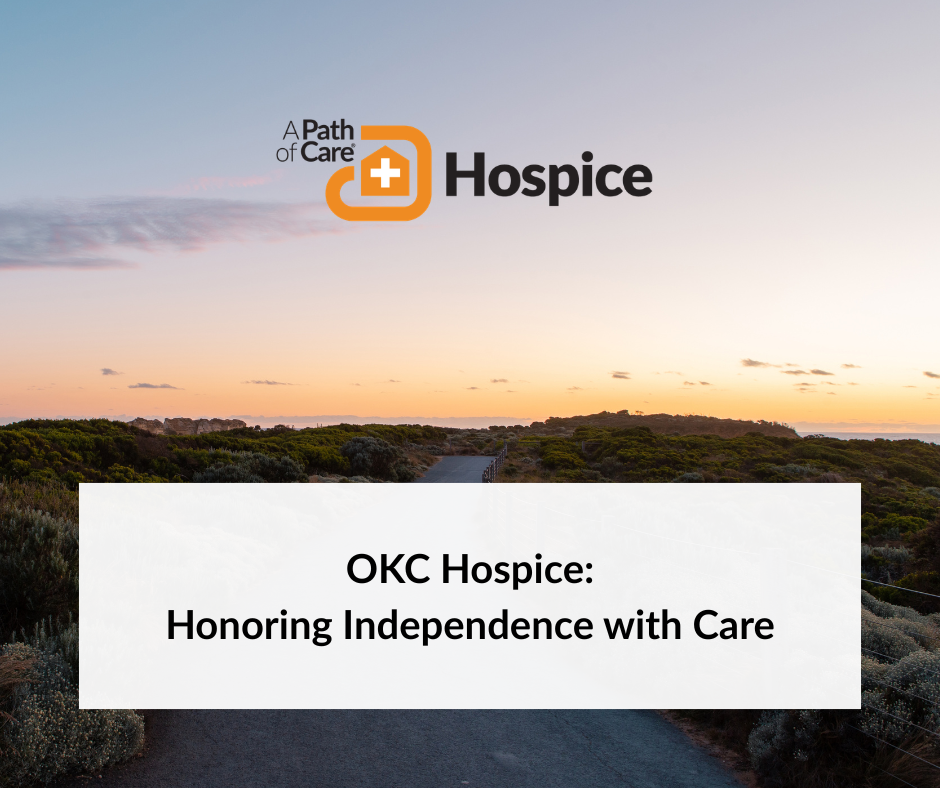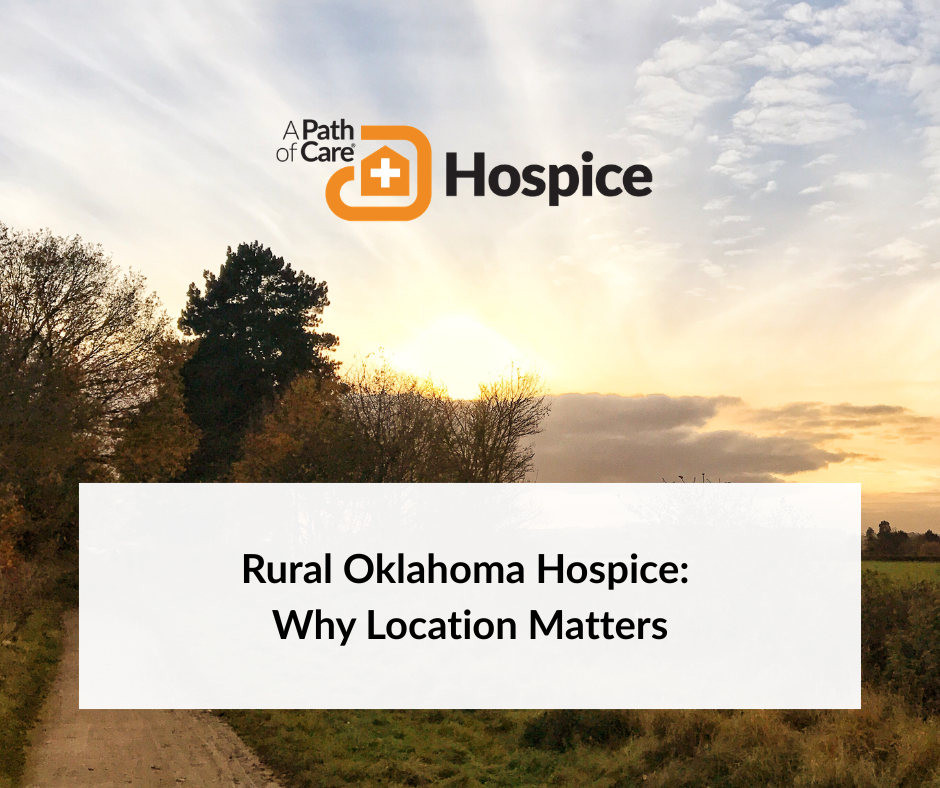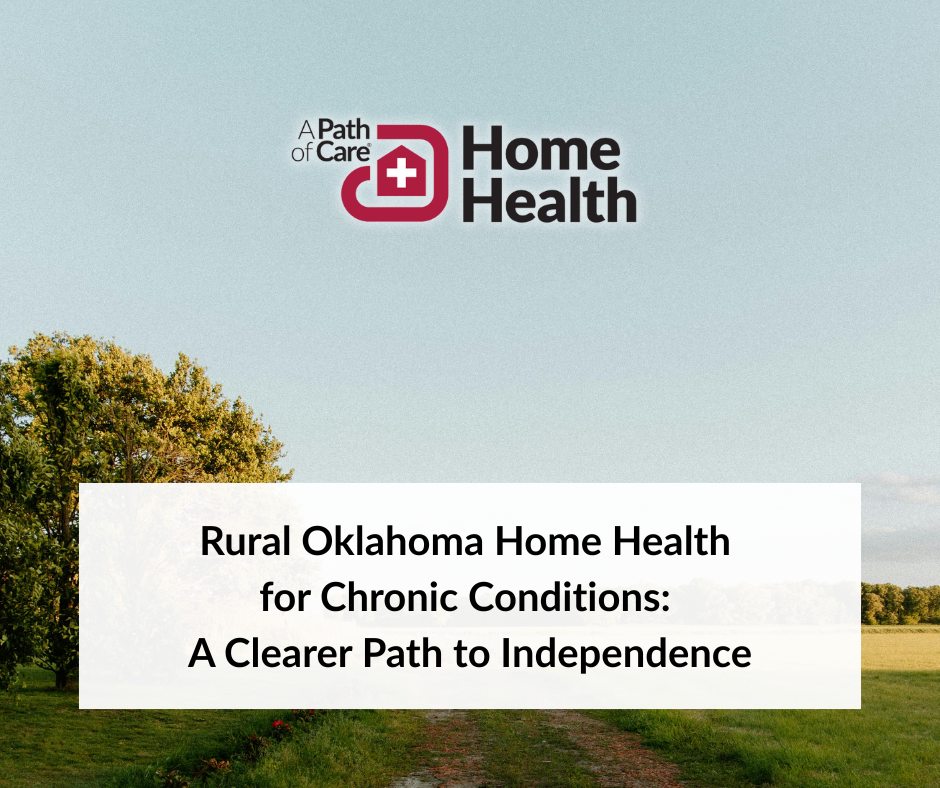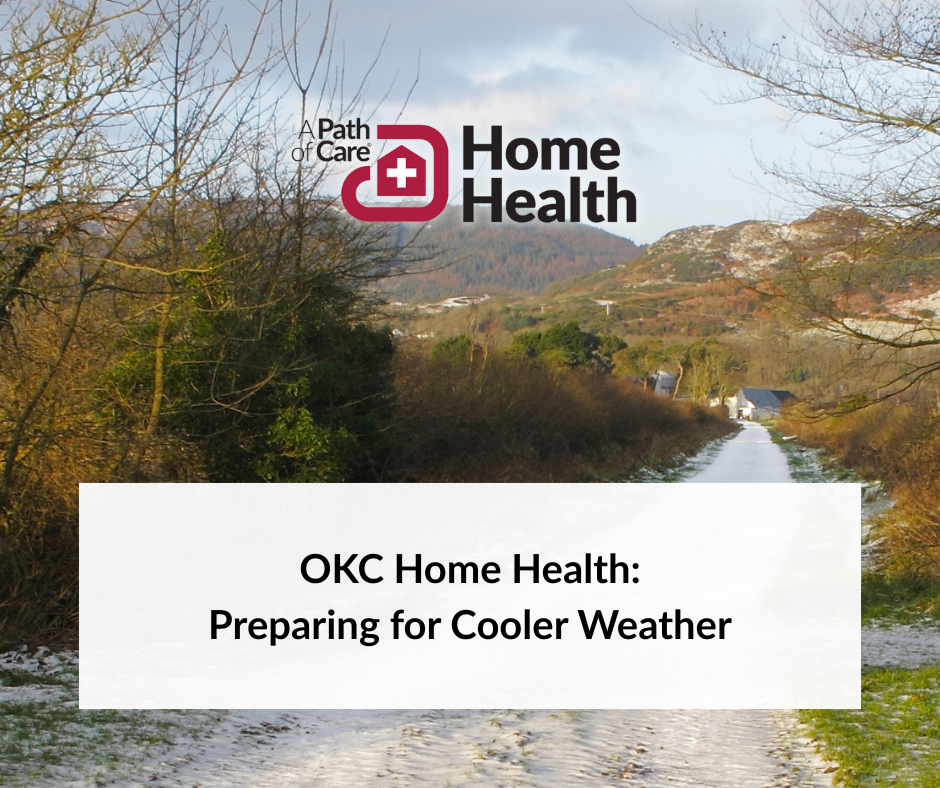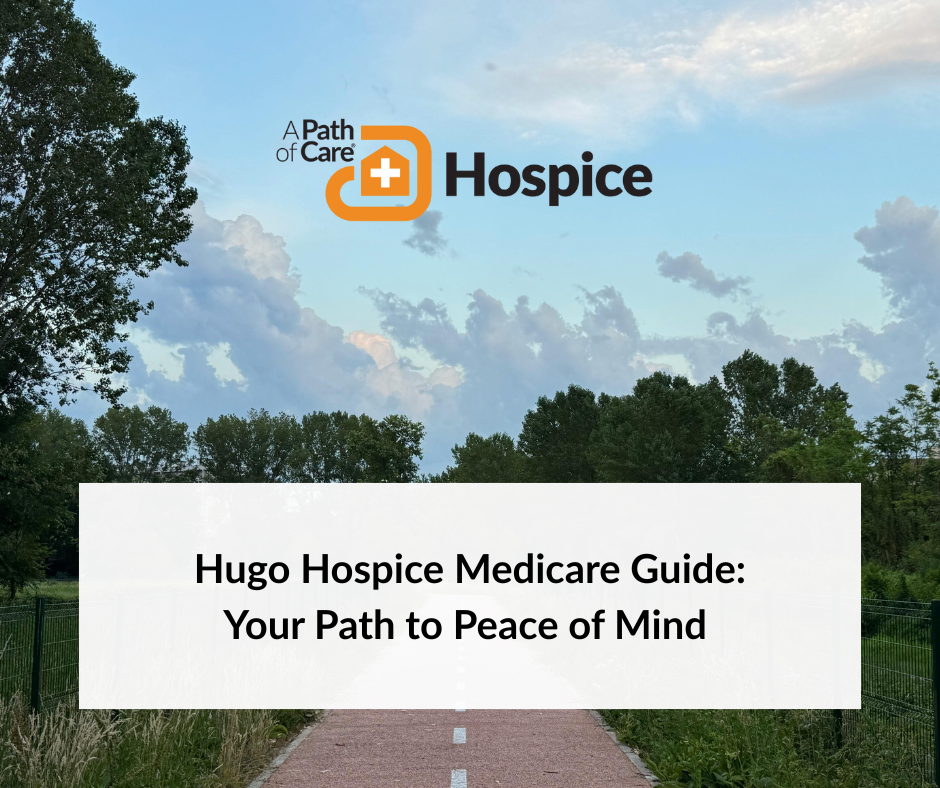Medication and Fall Risk
Did you know that there are more than 20,000 prescription medicines available to treat a range of medical conditions? Doctors prescribe medicines to help our bodies adjust to specific medical issues. However, sometimes these medications also have side effects that can lead to falls.
In this article, we’ll talk about why medications increase your fall risk and ways you can reduce that risk.
Why Do Medications Increase Your Fall Risk?
If you take more than four medications, you have a higher risk of falling. Some medications can make you feel dizzy or unsteady. They can cause blurred vision or changes in blood pressure.
It is important to tell your doctor about ALL medicines you take. This includes over-the-counter or non-prescription medicines. Your doctor can then adjust your medicine to reduce your risk.
If you have a concern about the side effects of your medicine, talk to your doctor. Do NOT stop taking any medicine without talking to your doctor first. The benefits may outweigh the risks.
.png)
How Medications Affect Your Fall Risk
Certain types of medicines cause changes in your body that increase your fall risk. A few of them are:
Medications That Affect Your Brain
Certain “psychoactive” drugs can be important to help with seizures, depression, or anxiety. They can improve sleep and reduce pain. But they may also make you feel drowsy or confused. You may feel sedated or have a slowed reaction time. The sluggishness can make it harder to avoid fall risks or catch yourself if you slip or trip.
Medications That Affect Your Heart
A variety of medications can lower your blood pressure. These medicines reduce your risk of stroke and heart disease, but sometimes they can also cause people to feel dizzy or even faint. If you notice side effects like dizziness when standing, tell your doctor.
Medications That Affect Your Blood Glucose
People with diabetes often also have other medical conditions. This can include heart and kidney disease, neuropathy, etc. As a result, they often take multiple medicines. This is called “polypharmacy” and it increases the risk of falling. Sometimes, certain medicines can actually lower your risk of falls by reducing diabetes complications.
Medications That Interact With Other Medicines
Sometimes a medicine that helps with one problem causes side effects from another medicine. For example, your reaction time could be slowed if you take a medicine that helps you sleep (sedative) combined with an allergy medicine (antihistamine). Certain antacids can prevent medicine from being absorbed into the bloodstream. This can make your medicines less effective. Alcohol can cause mild to serious interactions with more than 150 medications. Be sure your doctor has a current list of every medicine you take to help minimize interactions.
.png)
How You Can Reduce Your Fall Risk
Though some medicines increase your fall risk, you don’t have to just accept it as a normal part of aging. The following are great ways to manage your risk:
- Keep a current list of every medicine you take. This includes non-prescription drugs, vitamins, supplements, drops, inhalers, ointments, etc.
- List the amount you take, how often, and when you take it.
- If it is a prescription medicine, note who prescribed it and why.
- Keep a copy in a safe place at home, and one in your wallet or purse.
- Share this list with your doctor. Point out any changes, even with over-the-counter or non-prescription medicines.
- Tell your doctor your concerns about possible side effects. For example, if you feel dizzy when standing, tell your doctor.
- If you buy non-prescription medicine, read the warning label carefully. Look for possible side effects with other drugs you are taking.
If you have concerns about your medications increasing your risk of falling, ask your doctor the following questions:
- What does this medicine do?
- What are the side effects of this medicine? Could it affect my balance or fall risk?
- How and when do I take it?
- Does this replace another prescription? Is there anything I can stop taking?
[[cta]]
Reduce Your Fall Risk with Home Health
When you receive care from a home health agency, it includes “reconciling” your medicines. That means creating a list of all the medications you take so your doctor has a current list. Your doctor can then check for any medications or side effects that could increase your fall risk.
Learn other ways home health care can reduce your risk of falls. Send us a message or call A Path of Care at (844) 301-4705. Home health services are covered by original Medicare and some other insurance plans with no out-of-pocket expense, so get in touch today.

